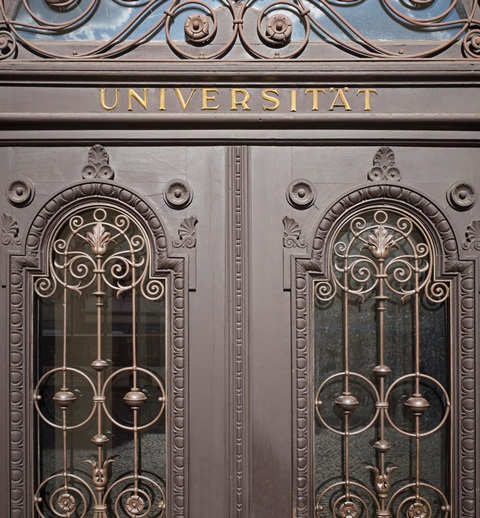The European Union faces major structural and demographic challenges. To maintain its position as world-leading economy, the EU needs to attract more skilled labour. Students from third countries are an important source of skilled workers, while the EU has a shortage of the researchers and innovators desperately required if the Union is to meet its economic growth targets.
Context
The EU has set itself the goal of creating one million extra research jobs, but to become more attractive to young researchers, both European and from abroad, the EU research community has to overcome its fragmentation, improving intra-EU mobility, and reducing “brain drain”.
Facilitating third-country students studying in the EU, as well as encouraging volunteers, au pairs, or trainees to spend time in the EU, expands the pool of labour available in the EU. It would also encourage “brain circulation”, which is an important element in fostering international economic, social and cultural relationships among countries, as set out in the EU Global Approach to Migration and Mobility.
Commission proposal

Based on EU competences on migration policy (Article 79 TFEU), and building on the experience developed under the “Students” and “Researchers” Directives, the Commission has proposed to recast both Directives in a single text: a proposal for a directive on the “conditions of entry and residence of third-country nationals for the purposes of research, studies, pupil exchange, remunerated and unremunerated training”. Its main novelty would be to extend the scope to cover the categories of au pairs and remunerated trainees. In particular, for traineeships, the legislative proposal would complement the proposed directive on intra-corporate transferees which is under negotiation between Council and Parliament. The new proposal provides that a long-stay visa or residence permit should be granted to applicants as long as they satisfy the admission conditions of a Member State. It also simplifies intra-EU mobility for students and researchers, notably for beneficiaries of EU programmes such as Erasmus Mundus and Marie Curie Actions. Furthermore, increased protection of rights would be guaranteed, for instance with greater possibilities for part-time work, up from 10 to 20 hours a week. This would allow students and researchers, after completing their studies or research respectively, to remain for a period of 12 months to look for work opportunities.
By shaping a common uniform level of protection and rights for third-country students, researchers and others, the text would guarantee stronger safeguards against exploitation of certain vulnerable groups, such as remunerated trainees and au pairs. In this area, information and transparency provisions are developed on democratic principles, and time limits for decisions set out. Procedural guarantees are also increased, for instance requiring written reasons for a decision and the right of appeal. Fees must be proportionate.
Institutional positions
The Civil Liberties, Justice and Home Affairs Committee (rapporteur Cecilia Wikström, ALDE, Sweden) adopted its report in November 2013. This includes several amendments to improve the position of students and researchers, in particular extending to 18 months the period for looking for work after the period of study or research. The Council has yet to agree on a mandate for trilogue negotiations, however, according to informal sources, a number of Member States would prefer to exclude or make optional coverage of au pairs, as well as other categories such as trainees, volunteers and even school pupils.








[…] In this approach, all key management positions are held by parent country nationals, e.g., Toyota, Matsushita, Samsung etc. this strategy may be appropriate during the early phases of […]